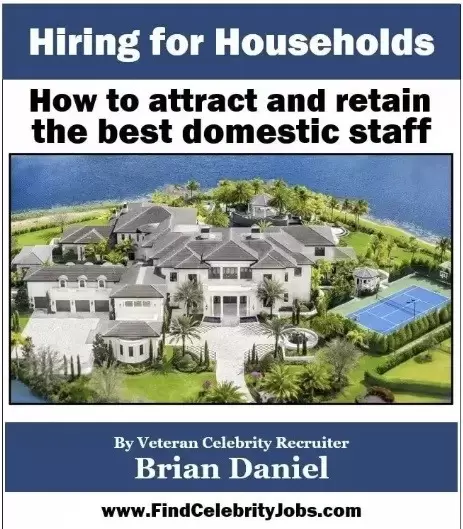 Work smarter, not harder Work smarter, not harder I keep seeing the same posts over and over again: "I can't get a job and I've submitted hundreds of applications." I even get emails from candidates who have been unemployed one or even two years and they can't figure out why. As always, I'm going to give it to you strait with zero sugar-coating: If you've submitted more than 100 resumes and you don't have a job, then there is something very wrong with your approach -- plain and simple. You can only blame the economy so muchIf you're searching for a job and have submitted hundreds of applications and haven't landed a job, then you can only blame the bad economy so much (and that reasoning was pre-pandemic). Right now, there is a shortage of talent and employers are absolutely desperate to hire people -- even offering signing bonuses. So, if you haven't scored a job after 100 submissions in this "candidate-friendly" economy, then it's especially true that your approach is flawed. The solution is to customize your submissions for EACH jobWhen candidates approach me for advice because they can't find a job, most of the time it's because they keep blasting the same generic resume to every single employer. I know I'm going to sound cliche (and like a broken record), but the old adage is still true: If you don't have a job, then your job is to find a new one (which means that you spend eight hours a day looking). Instead of just spending eight hours blasting dozens of the same generic resume to employers, spend that same amount of time customizing three to five submissions instead. How to customize the submissionsAssuming that you are actually qualified for the position for which you are applying, then you need to review the job description very carefully. When you see certain KEY WORDS (verbs and nouns) in the JD, then you need to phrase those skills that you know how to do THE EXACT SAME WAY that it's listed in the JD. If you don't, then the ATS software that filters out candidates is going to delete you. Loose the Objective Statement and use a Summary of QualificationsI'm completely shocked that I still see objective statements on resumes. That is literally from the 1970s and 80s. They are incredibly outdated. The most important reasons you shouldn't use the object statement: It takes up valuable real estate: You have probably heard the ugly statistic that recruiters and HR managers only look at a resume for seven seconds before deciding to trash it or not. Well, unfortunately, that statistic is true. The main reason is that a busy headhunter doesn't want to have to read your entire resume to find out if you have the skills they need for the job. Instead, use a summary of qualifications right at the top, and the competencies you list should be the same ones used in the JD. The objective statement is selfish: In an objective statement, you tell the employers what YOU want. Well, I'm sorry, but they don't care what you want. They care what they want. They have a role to fill, and you need to make your submission all about them (how you can meet their need). Write a cover letter and highlight transferable skillsFinally, I'd like to discuss the controversial cover letter. I regularly hear candidates say that they are a "waste of time." Oddly, those are the same candidates that can't find the job they want or are unemployed. They myth that you don't need a cover letter is just as bad as the myth that a BA degree is a waste of time (again, the people that say so are the ones who don't have one). These are the reasons you should write a cover letter:
P.S. -- And don't forget to make your resume two pages. Any less, it shows you don't have much experience and you won't have enough key words to have ATS like you. Any more than that, the employers won't read it and may pass you over. Comments are closed.
|
Domestic Staffing BlogWritten for assistants and estate managers working for celebrities, CEOs, UHNW families, billionaires and royalty. |
Search by typing & pressing enter

 RSS Feed
RSS Feed
